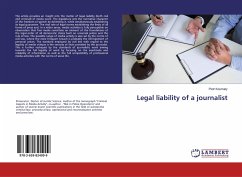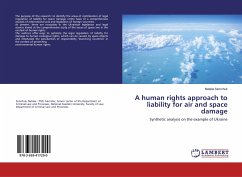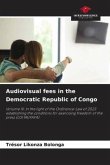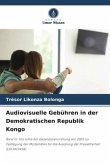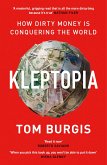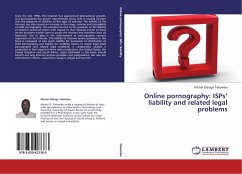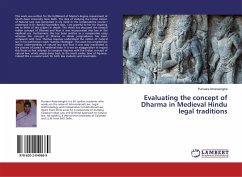The article provides an insight into the matter of legal liability (both civil and criminal) of media work. The legislature sets the normative character of the freedom of speech by delimiting it, while simultaneously establishing its legal guarantee. The vital role of legal norms establishing the limits of all forms of press and, in a wider sense, media activities is fully perceptible on observation that free media constitute an element of the foundations of the legal order of all democratic states built on universal justice and the rule of law. The possible range of media activity is also set by the norms of civil law, where the most frequent breach is probably the infringement of personal values. The standard employed by civil law with regard to the legality of media critique is the veracity of facts provided by the journalist. This is further reshaped by the standards of journalistic work aiming towards the full legality of work by focusing on the exactitude and reliability ofinformation as well as the full compatibility of professional media activities with the norms of social life.
Bitte wählen Sie Ihr Anliegen aus.
Rechnungen
Retourenschein anfordern
Bestellstatus
Storno

